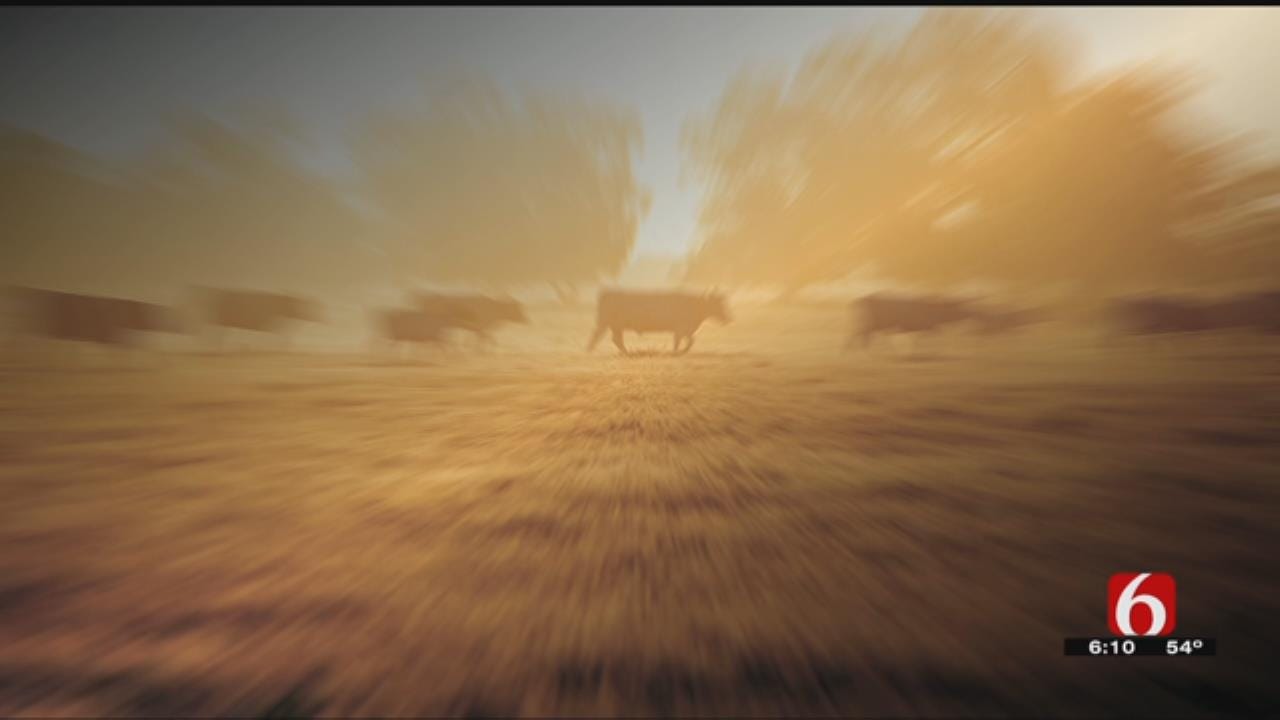Exclusive News On 6 Poll: State Question 777 'Right To Farm'
<p>Exclusive News On 6/News9 poll results on where voters stand on State Question 777, otherwise known as "Right to Farm.”</p>Thursday, October 13th 2016, 7:39 pm
Exclusive News On 6/News9 results on where voters stand on State Question 777, otherwise known as "Right to Farm.” The question would give added legal protection to Oklahomans who farm and ranch.
The poll found that 49 percent of likely voters support 777 while 36 percent are opposed. And 15 percent of Oklahoma voters remain undecided.
One of the most hotly debated points surrounding 777 is whether it would give too much legal protection to the, quote, Right to Farm.
It's there in the ballot language, about two-thirds of the way down, "no law can interfere with these rights, unless the law is justified by a compelling state interest”.
“The language in the proposed amendment is kind of a lawyer's shorthand, the phrase is compelling state interest,” said OCU Law Professor Art LeFrancois.
LeFrancois said "compelling state interest" is the legal standard used to protect fundamental rights like free speech and religion. It's not been used before to protect a profession.
“The legislature, also cities, counties and towns, would not be able to act to regulate agricultural ranching, technology or processes, in the absence of some compelling state interest, and compelling state interests, in law, are really really really difficult to find,” said LeFrancois.
Opponents of 777 say, if it passes, it would be nearly impossible to put new regulations on anything agricultural -- whether it's a puppy mill or agricultural runoff impacting water quality.
“So that jeopardizes our ability to comply with federal law, and then it jeopardizes our water agencies' abilities to preserve our water,” said Bud Scott with Oklahomans For Food, Farm and Family.
“The quality of water most definitely is a compelling state interest,” said Tom Buchanan, OK Farm Bureau.
Pro 777 forces say opponents are exaggerating its legal impact. They say it will not affect federal law in any way, and say local lawmakers will still be able to approve new regulations.
“This does not prohibit any elected body, from the smallest community to 23rd and Lincoln, from passing regulation into the future, that is supported by health safety and welfare, by research, science and fact,” said Buchanan.
But legal experts say that's where the “compelling state interest” standard will come into play and put a heavy burden on those “elected bodies”.
“It's not simply a matter of sort of alleging there's a compelling state interest, it's a matter of going to court and proving that there's a compelling state interest,” said LeFrancois.
Right to Farm measures have been approved in the last few years in both Missouri and North Dakota, but neither contained the “compelling state interest” language.
More Like This
October 13th, 2016
September 29th, 2024
September 17th, 2024
Top Headlines
December 11th, 2024
December 11th, 2024
December 11th, 2024
December 11th, 2024










